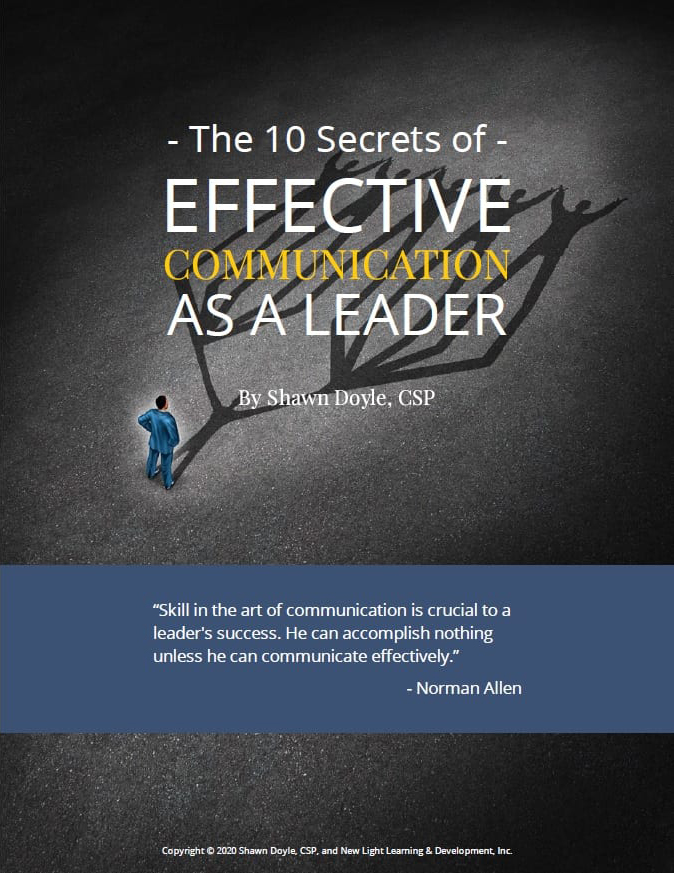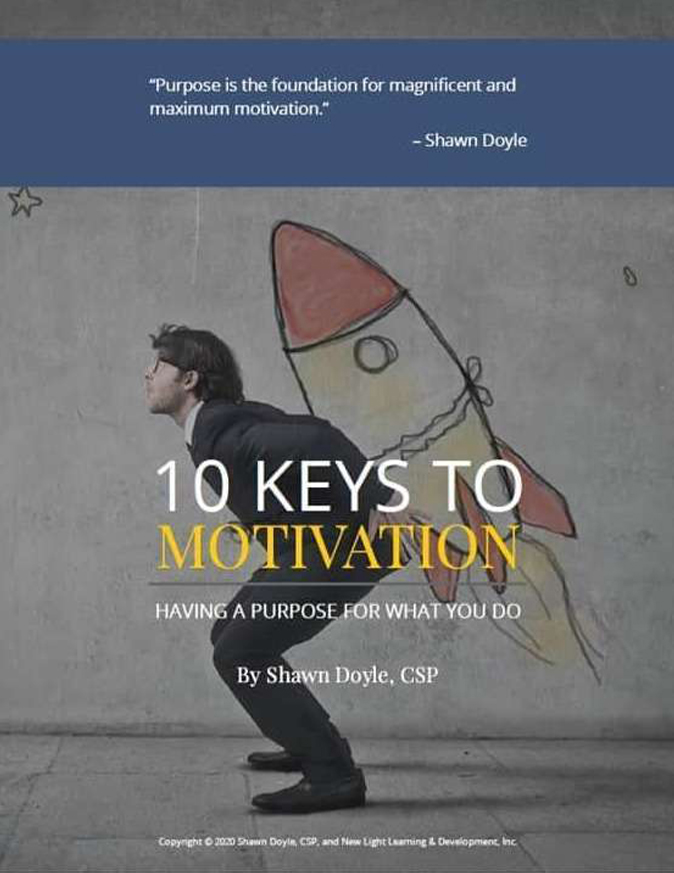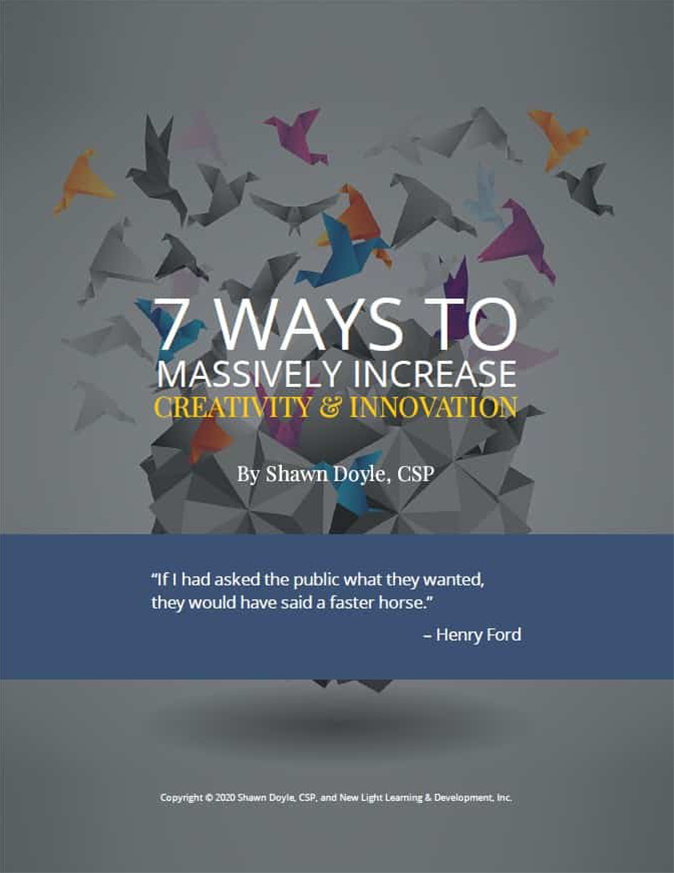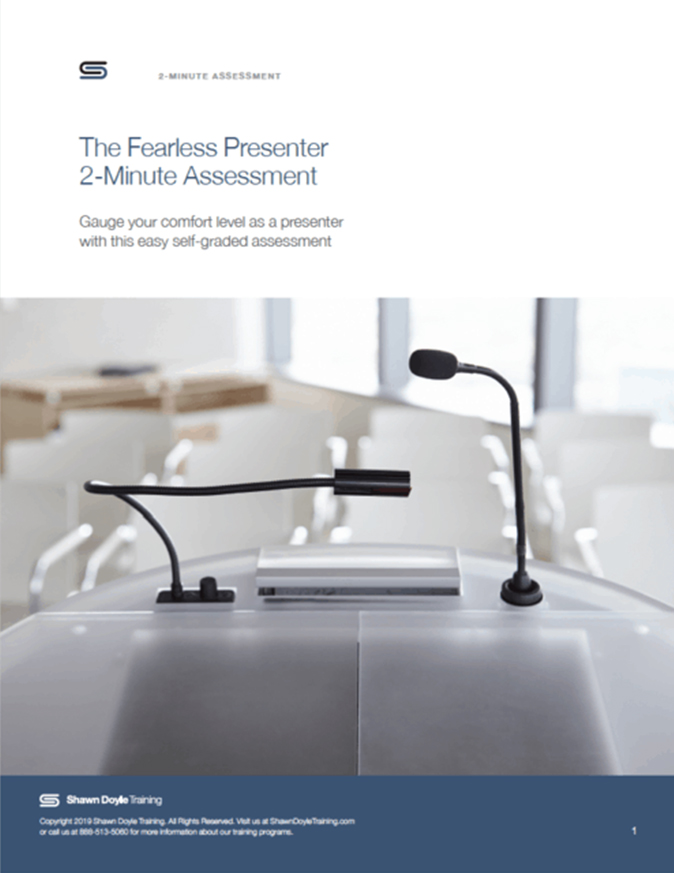Blog

A Leader’s Guide to Emotional Intelligence in the Workplace
Are your best people walking out the door? Does your team seem disengaged and unmotivated? You might think the solution is more training or a new strategy, but the real key might be something you already have: the potential to develop emotional intelligence.
Emotional intelligence isn’t merely a buzzword. It’s a powerful skill with the ability to transform your workplace. By learning to recognize and handle emotions — both yours and your team’s — you can see real, positive changes. People stay longer, work harder, and genuinely enjoy being part of the team.
In this post, we’ll explore why emotional intelligence is so important for leaders. You’ll discover how it can simplify your day-to-day responsibilities and help you build a team that’s enthusiastic and ready to tackle any challenge.
If you want to be a better leader and create a workplace where people are happy to show up, keep reading. Mastering emotional intelligence may be the key to becoming the kind of leader for whom people love to work.
What Is Emotional Intelligence?

Emotional intelligence is about understanding and managing emotions, both your own and those of the people around you. This ability may dramatically improve how you lead, make decisions, and interact with your team.
When we talk about emotional intelligence, we’re not just referring to being nice or sympathetic. It’s a complex set of skills that lets you navigate the often tricky world of human emotions in the workplace. It helps you spot potential conflicts before they escalate, motivate your team more effectively, and create an environment where people feel valued and understood.
Think of emotional intelligence as having a specialized tool kit for handling feelings. Just like you wouldn’t try to fix a car without the right tools, trying to lead without emotional intelligence may leave you struggling to solve people-related problems.
This kit has five main tools:
- Self-awareness: Recognizing and understanding your own emotions, strengths, weaknesses, values, and motivations.
- Self-regulation: Managing your emotions and impulses, adapting to changing circumstances, and maintaining composure in challenging situations.
- Motivation: Harnessing emotional energy to achieve goals, persist in the face of setbacks, and maintain a positive outlook.
- Empathy: Perceiving and understanding the emotions, perspectives, and experiences of others.
- Social skills: Effectively managing relationships, communicating clearly, influencing others, and fostering collaboration and teamwork.
Why Emotional Intelligence Matters in Leadership

Now, let’s talk about why this stuff is a big deal for leaders.
Better Team Relationships
A leader who understands emotions connects with their team on a deeper level. It’s like the difference between a boss who knows you’re having a rough day and one who doesn’t even notice or care. The first one is going to get more loyalty and hard work from you.
Improved Conflict Resolution
Arguments happen at work. A leader with good emotional intelligence can spot these conflicts early and help solve them before they blow up. They know how to listen to both sides of the disagreement and find a solution that works for everyone.
More Effective Motivation and Inspiration
A leader who understands emotions on a deep level knows what makes their team tick. They know how to fire people up as well as get them excited about their work. It’s not just about giving orders; it’s about making people want to do their best.
Enhanced Decision-Making
Emotions play a big part in making decisions. A leader with high emotional intelligence factors in how people will feel about a decision, not just the numbers on a spreadsheet. This often leads to choices that work better in the real world.
Take Small Steps Toward Better Leadership

Leaders who develop their emotional intelligence build stronger teams, solve problems more effectively, and make better decisions. They turn jobs into positive experiences, regardless of the setting.
Improving emotional intelligence takes effort, but it’s worth it. It starts with small steps: really listening to your team, considering how your actions affect others, and managing your own emotions in tough situations.
Whether you’re running a Fortune 500 company or a neighborhood business, understanding and managing emotions will make you a better leader and create a better workplace for everyone.
If you want to improve your leadership skills, Shawn Doyle can help. He’s got over 30 years of real-world leadership experience and has worked with more than 1,000 organizations. Shawn offers down-to-earth advice that can help you get better at understanding emotions and become the kind of leader people love to work for.
Are you ready to create a better workplace through emotionally intelligent leadership? Click the link below to book your free consultation and receive personalized advice tailored to your specific leadership challenges.







